Home / bihar / BPSC Exam Row: Prashant Kishor's Arrest Sparks Outrage in Patna
BPSC Exam Row: Prashant Kishor's Arrest Sparks Outrage in Patna
By: My India Times
4 minutes read 78Updated At: 2025-01-06
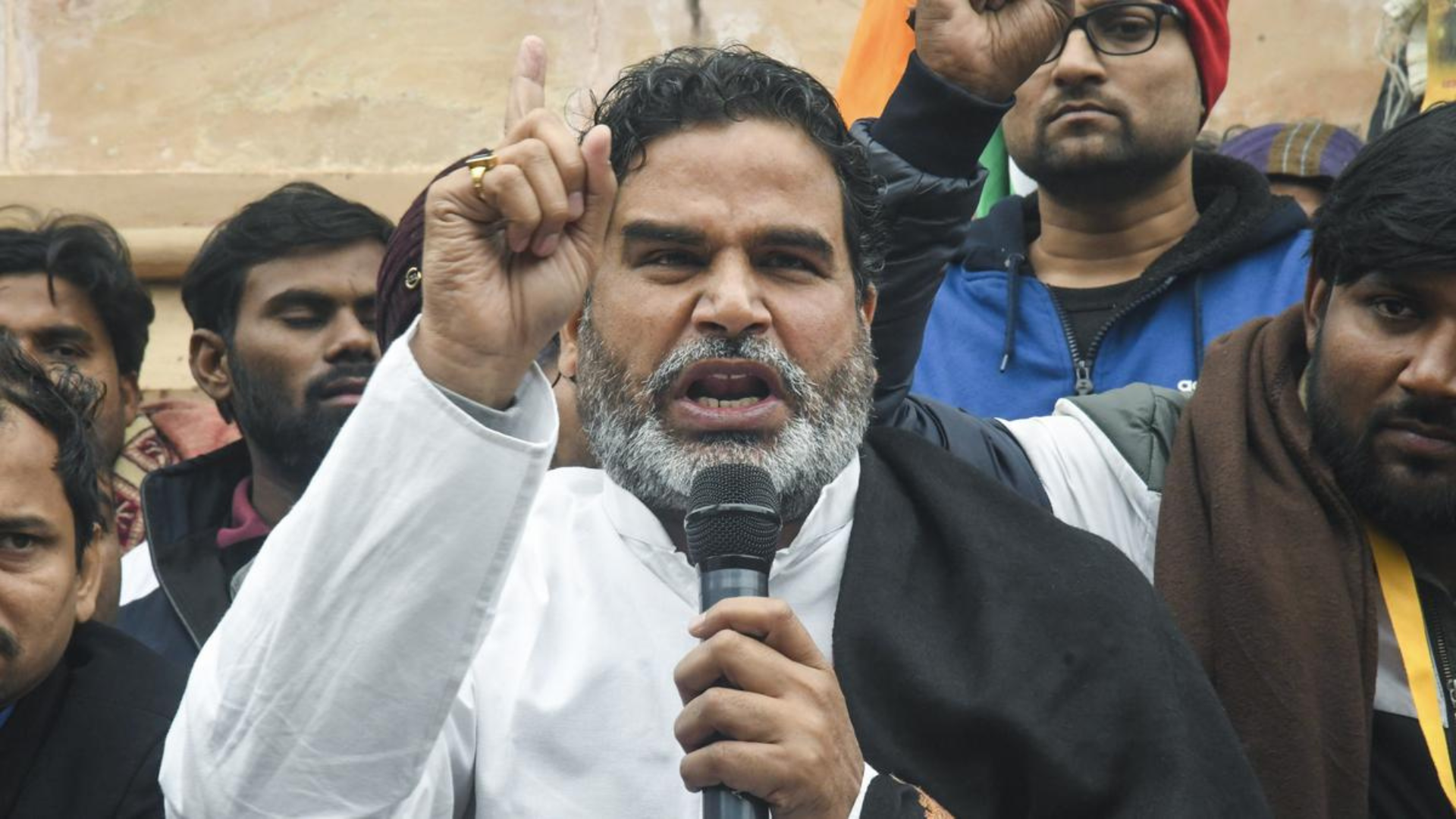
Patna witnessed high drama on Monday, January 6, 2025, as Jan Suraaj Party leader Prashant Kishor was arrested during an indefinite hunger strike at Gandhi Maidan. Kishor’s protest aimed to highlight alleged irregularities and a paper leak in the 70th Bihar Public Service Commission (BPSC) Combined (Preliminary) Competitive Examination (CCE). His hunger strike, which began on January 2, became a flashpoint in Bihar’s ongoing struggle for transparency in recruitment processes.
The protest escalated when police declared Gandhi Maidan a prohibited zone. Despite repeated warnings to vacate, Kishor and his supporters stood firm. In the ensuing eviction process, tensions flared, and Kishor was reportedly slapped by officers, a claim that has triggered widespread condemnation. His arrest has intensified public outcry over governance lapses and police high-handedness.
Prashant Kishor’s Five Demands for Reform
At the heart of Kishor’s protest were five critical demands aimed at rectifying systemic issues in Bihar’s examination and employment systems:
Comprehensive Investigation and Re-Examination: A high-level probe into the alleged paper leak and irregularities in the 70th BPSC examination, coupled with a demand for the exam’s cancellation and re-conduction to ensure credibility.
Unemployment Allowance: Immediate implementation of an unemployment allowance for youth aged 18 to 35 years, as promised under the “7 Nischay” program introduced in 2015.
White Paper on Irregularities: Publication of a detailed white paper outlining all instances of exam irregularities and paper leaks over the past decade, including actions taken against the culprits.
Accountability for Police Brutality: Strict action against officers involved in the lathi-charge on protesting students on December 29, an incident that left many injured and sparked widespread outrage.
Domicile Policy for Local Jobs: Introduction of a domicile policy to reserve at least two-thirds of government jobs for Bihar’s youth, addressing the pressing issue of unemployment in the state.
Public Anger and Systemic Failures
The alleged paper leak has amplified frustration among Bihar’s job aspirants, who frequently face hurdles in competitive exams due to systemic corruption. Kishor’s protest has struck a chord with the youth, symbolizing their collective demand for a fair and transparent recruitment process.
The December 29 lathi-charge on protesting students added fuel to the fire, highlighting the administration’s failure to address grievances without resorting to violence. With growing unrest, public sentiment is increasingly critical of the government’s handling of the situation.
Political Reactions and Criticism
Kishor’s arrest has drawn sharp criticism from opposition parties. Rashtriya Janata Dal (RJD) leader Tejashwi Yadav accused the government of stifling dissent, stating, “The youth of Bihar deserve justice, not repression. Silencing peaceful protests reflects the government’s failure to engage with genuine concerns.”
Congress leaders also condemned the police’s actions, demanding an independent inquiry into the allegations of misconduct. In contrast, the ruling party defended the eviction, arguing that Kishor’s protest disrupted public order. “Protests must adhere to the law,” a government spokesperson remarked.
A Call for Transparency and Reform
Kishor’s demands have reignited debates about systemic reforms in Bihar’s recruitment policies. While the proposed domicile policy has gained support among locals, critics argue that long-term solutions lie in creating sustainable employment opportunities rather than temporary measures.
The demand for a white paper underscores the urgent need for transparency and accountability in competitive exams. By addressing these issues, the government could rebuild trust and restore confidence in the system.
What’s Next for Bihar?
The Bihar government now faces mounting pressure to address the concerns raised by Kishor and the broader public. Failure to act decisively could lead to further unrest and erode public trust in state institutions.
For Prashant Kishor, his arrest has elevated his role as a vocal advocate for Bihar’s youth. His unwavering stance has inspired many to join the fight for justice and accountability. As the movement gains momentum, it’s clear that the demand for systemic reform is not merely a passing protest but a call for lasting change.
The coming days will test the government’s commitment to addressing these pressing issues. Will they engage constructively, or will they continue to suppress dissent? One thing is certain—the youth of Bihar are determined to be heard, and their fight for a fair and just system is far from over.
....Patna witnessed high drama on Monday, January 6, 2025, as Jan Suraaj Party leader Prashant Kishor was arrested during an indefinite hunger strike at Gandhi Maidan. Kishor’s protest aimed to highlight alleged irregularities and a paper leak in the 70th Bihar Public Service Commission (BPSC) Combined (Preliminary) Competitive Examination (CCE). His hunger strike, which began on January 2, became a flashpoint in Bihar’s ongoing struggle for transparency in recruitment processes.
The protest escalated when police declared Gandhi Maidan a prohibited zone. Despite repeated warnings to vacate, Kishor and his supporters stood firm. In the ensuing eviction process, tensions flared, and Kishor was reportedly slapped by officers, a claim that has triggered widespread condemnation. His arrest has intensified public outcry over governance lapses and police high-handedness.
Prashant Kishor’s Five Demands for Reform
At the heart of Kishor’s protest were five critical demands aimed at rectifying systemic issues in Bihar’s examination and employment systems:
Comprehensive Investigation and Re-Examination: A high-level probe into the alleged paper leak and irregularities in the 70th BPSC examination, coupled with a demand for the exam’s cancellation and re-conduction to ensure credibility.
Unemployment Allowance: Immediate implementation of an unemployment allowance for youth aged 18 to 35 years, as promised under the “7 Nischay” program introduced in 2015.
White Paper on Irregularities: Publication of a detailed white paper outlining all instances of exam irregularities and paper leaks over the past decade, including actions taken against the culprits.
Accountability for Police Brutality: Strict action against officers involved in the lathi-charge on protesting students on December 29, an incident that left many injured and sparked widespread outrage.
Domicile Policy for Local Jobs: Introduction of a domicile policy to reserve at least two-thirds of government jobs for Bihar’s youth, addressing the pressing issue of unemployment in the state.
Public Anger and Systemic Failures
The alleged paper leak has amplified frustration among Bihar’s job aspirants, who frequently face hurdles in competitive exams due to systemic corruption. Kishor’s protest has struck a chord with the youth, symbolizing their collective demand for a fair and transparent recruitment process.
The December 29 lathi-charge on protesting students added fuel to the fire, highlighting the administration’s failure to address grievances without resorting to violence. With growing unrest, public sentiment is increasingly critical of the government’s handling of the situation.
Political Reactions and Criticism
Kishor’s arrest has drawn sharp criticism from opposition parties. Rashtriya Janata Dal (RJD) leader Tejashwi Yadav accused the government of stifling dissent, stating, “The youth of Bihar deserve justice, not repression. Silencing peaceful protests reflects the government’s failure to engage with genuine concerns.”
Congress leaders also condemned the police’s actions, demanding an independent inquiry into the allegations of misconduct. In contrast, the ruling party defended the eviction, arguing that Kishor’s protest disrupted public order. “Protests must adhere to the law,” a government spokesperson remarked.
A Call for Transparency and Reform
Kishor’s demands have reignited debates about systemic reforms in Bihar’s recruitment policies. While the proposed domicile policy has gained support among locals, critics argue that long-term solutions lie in creating sustainable employment opportunities rather than temporary measures.
The demand for a white paper underscores the urgent need for transparency and accountability in competitive exams. By addressing these issues, the government could rebuild trust and restore confidence in the system.
What’s Next for Bihar?
The Bihar government now faces mounting pressure to address the concerns raised by Kishor and the broader public. Failure to act decisively could lead to further unrest and erode public trust in state institutions.
For Prashant Kishor, his arrest has elevated his role as a vocal advocate for Bihar’s youth. His unwavering stance has inspired many to join the fight for justice and accountability. As the movement gains momentum, it’s clear that the demand for systemic reform is not merely a passing protest but a call for lasting change.
The coming days will test the government’s commitment to addressing these pressing issues. Will they engage constructively, or will they continue to suppress dissent? One thing is certain—the youth of Bihar are determined to be heard, and their fight for a fair and just system is far from over.
By: My India Times
Updated At: 2025-01-06
Tags: bihar News | My India Times News | Trending News | Travel News
Join our WhatsApp Channel




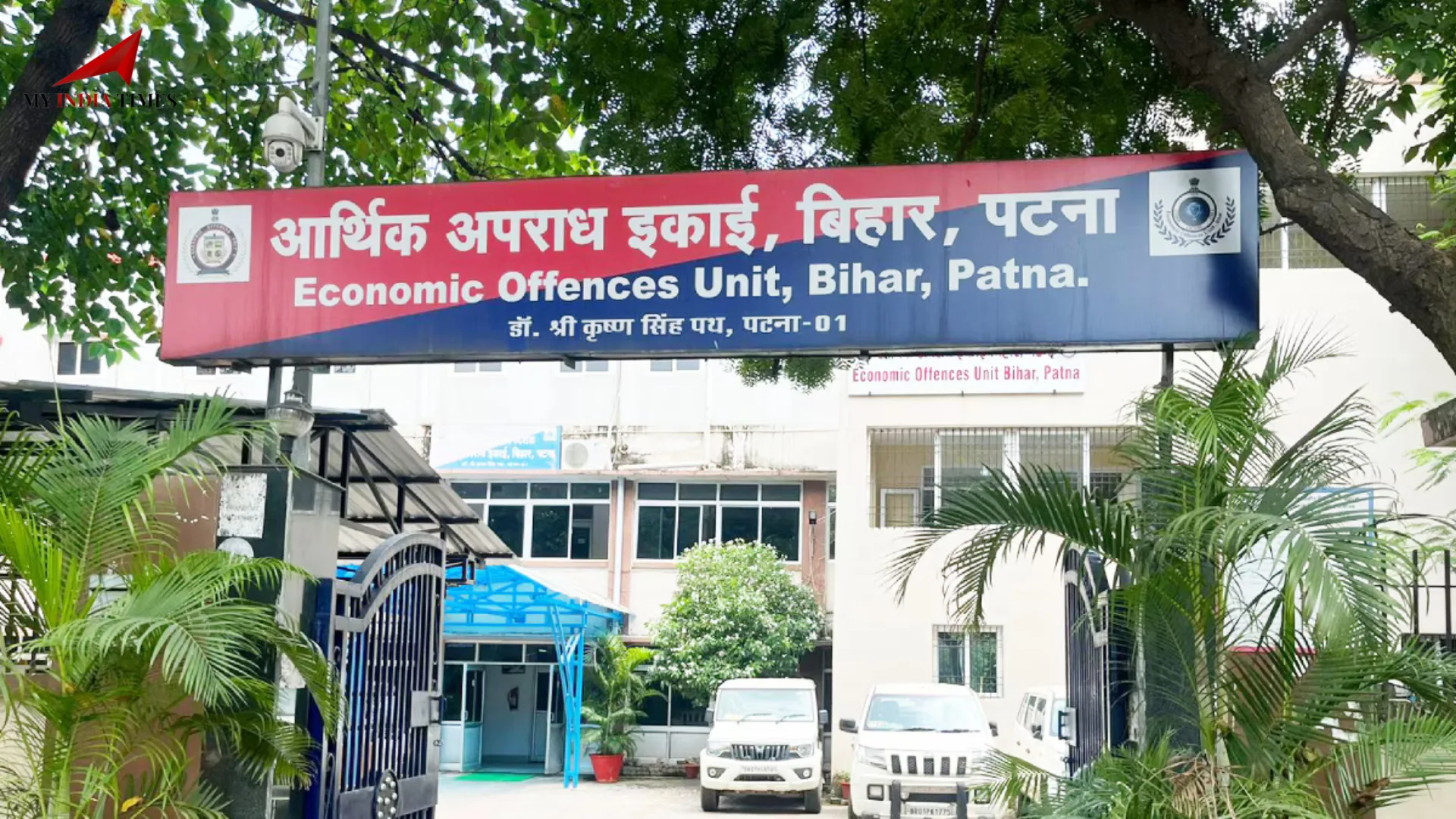




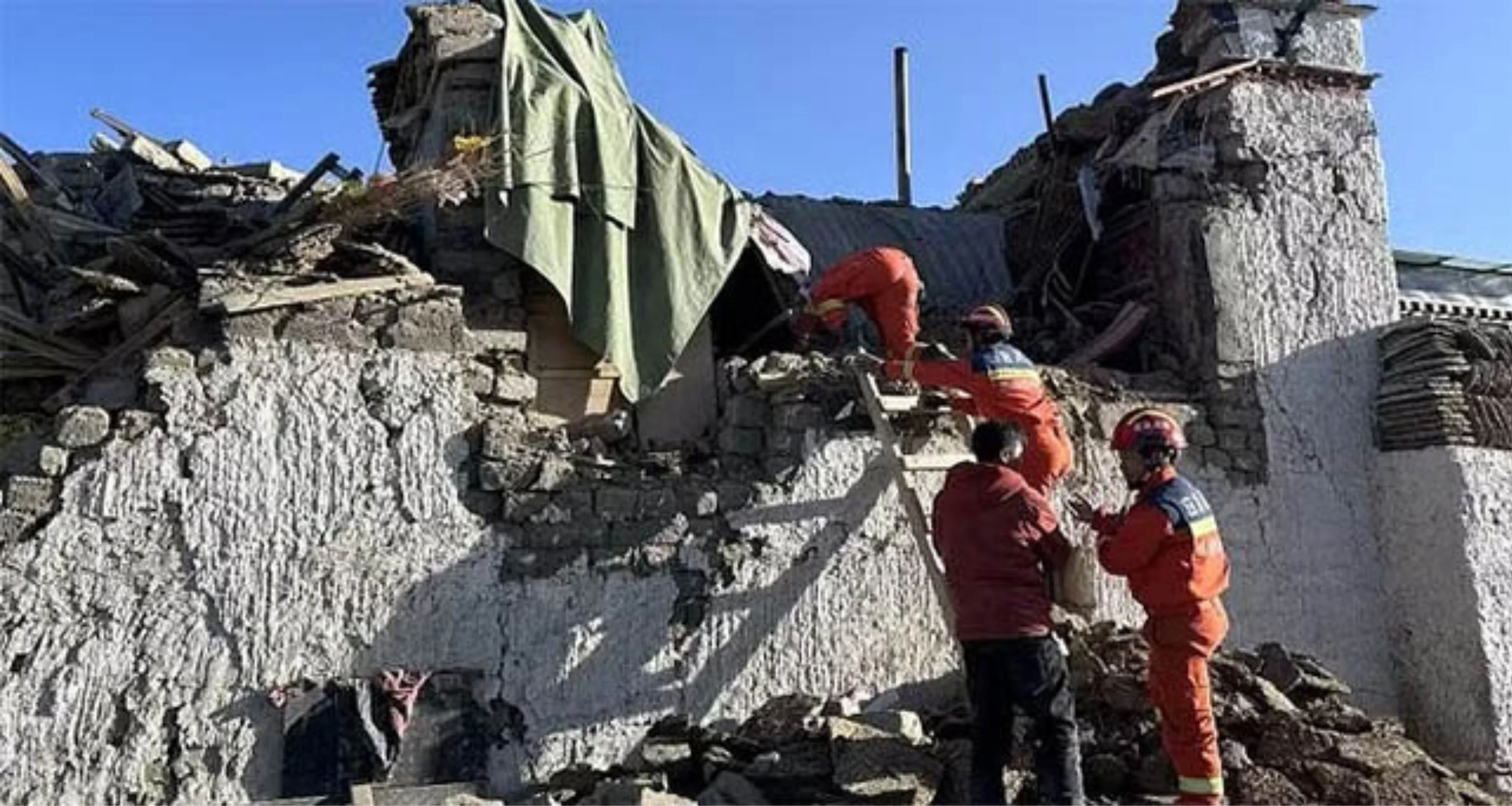
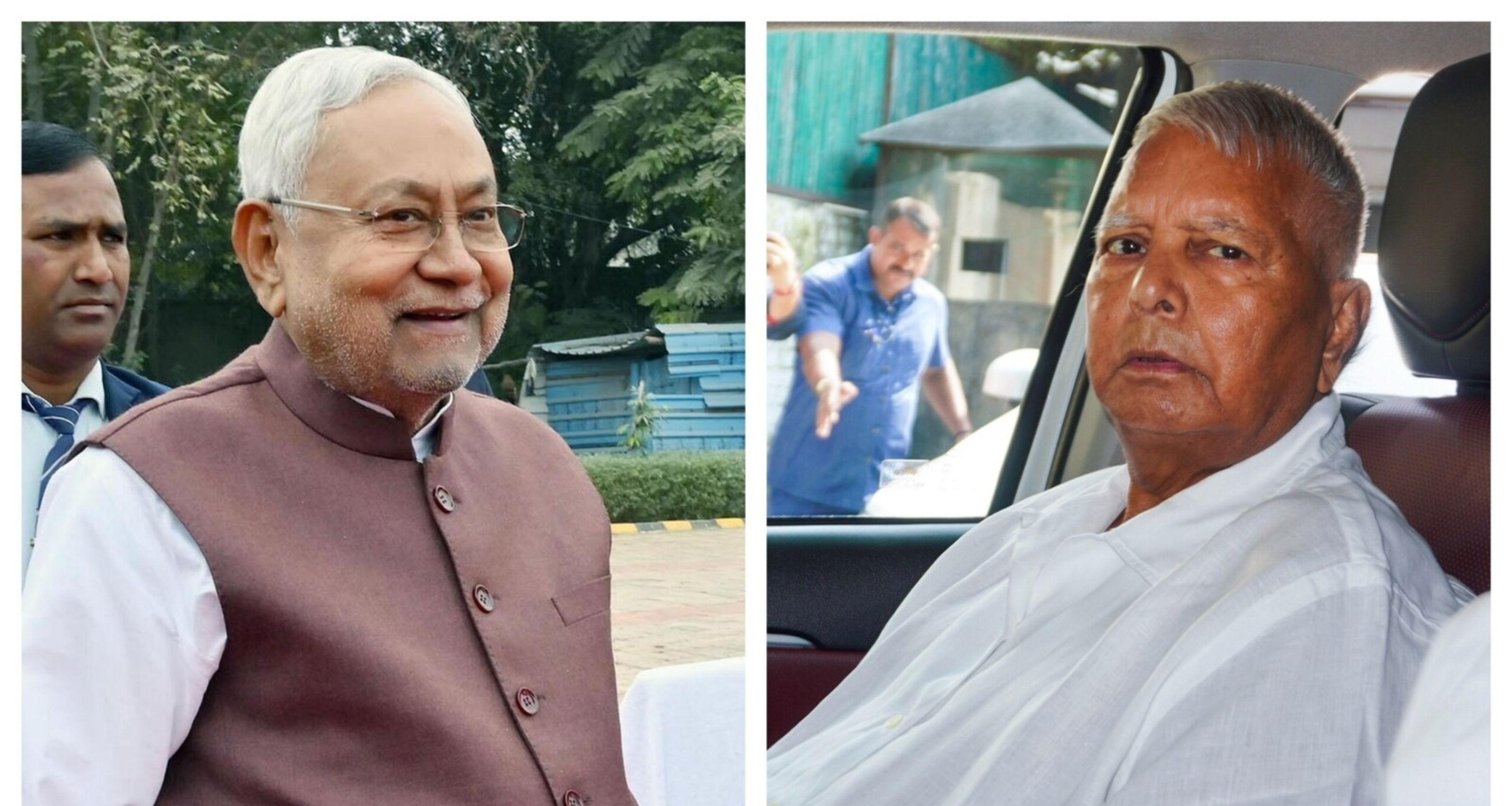
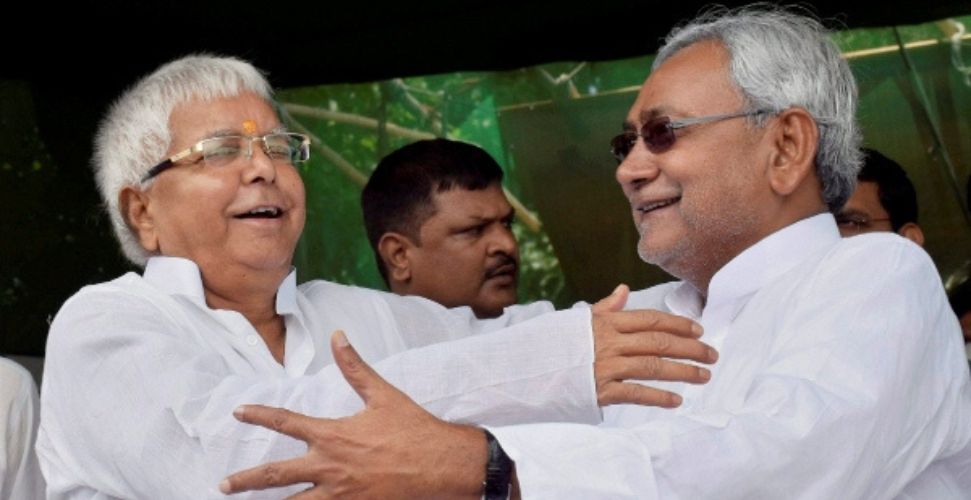

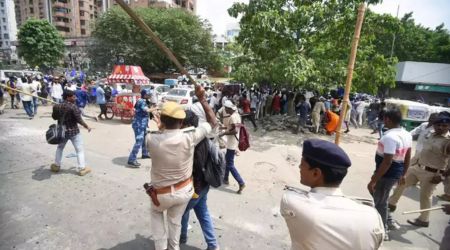
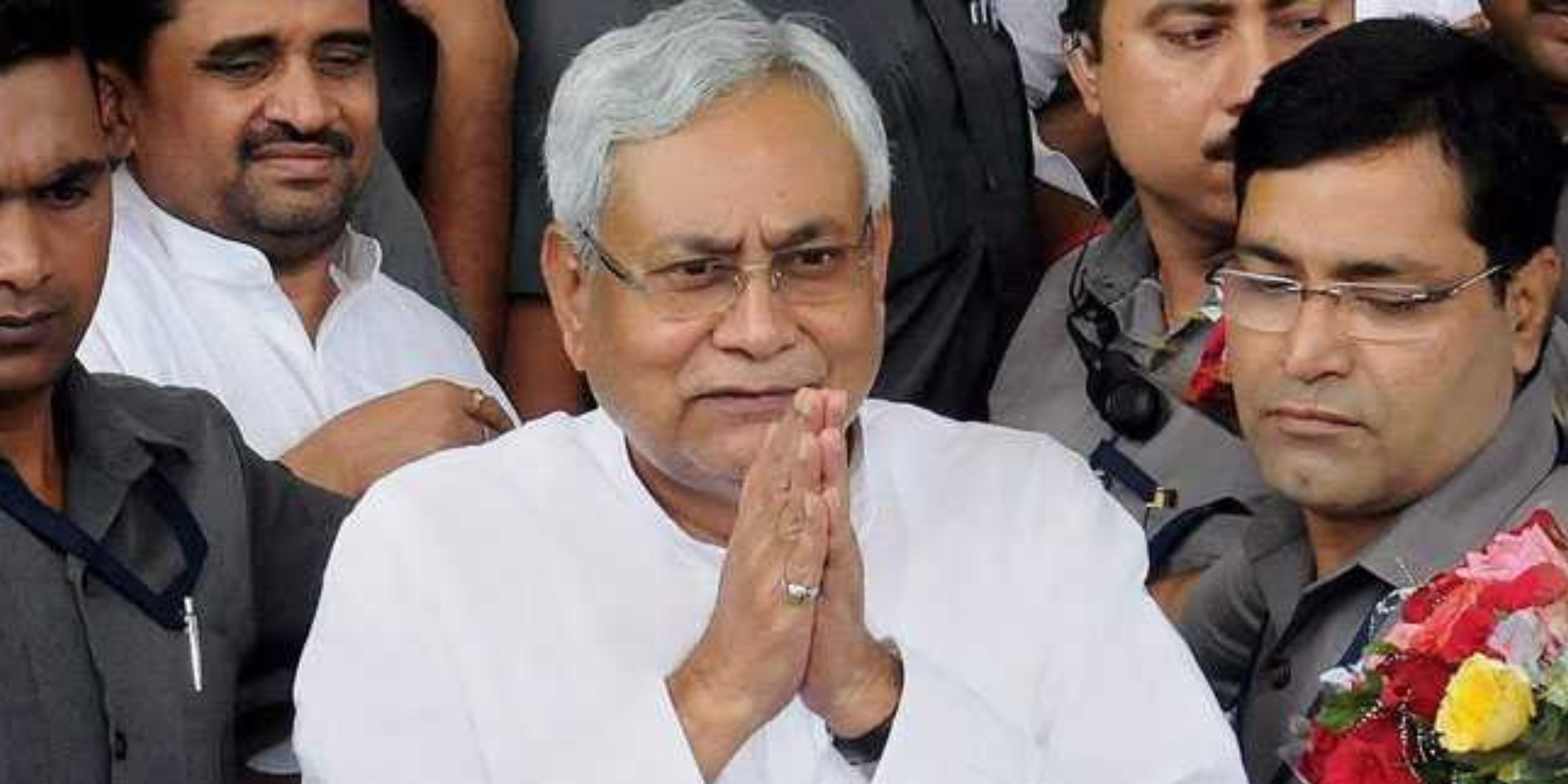


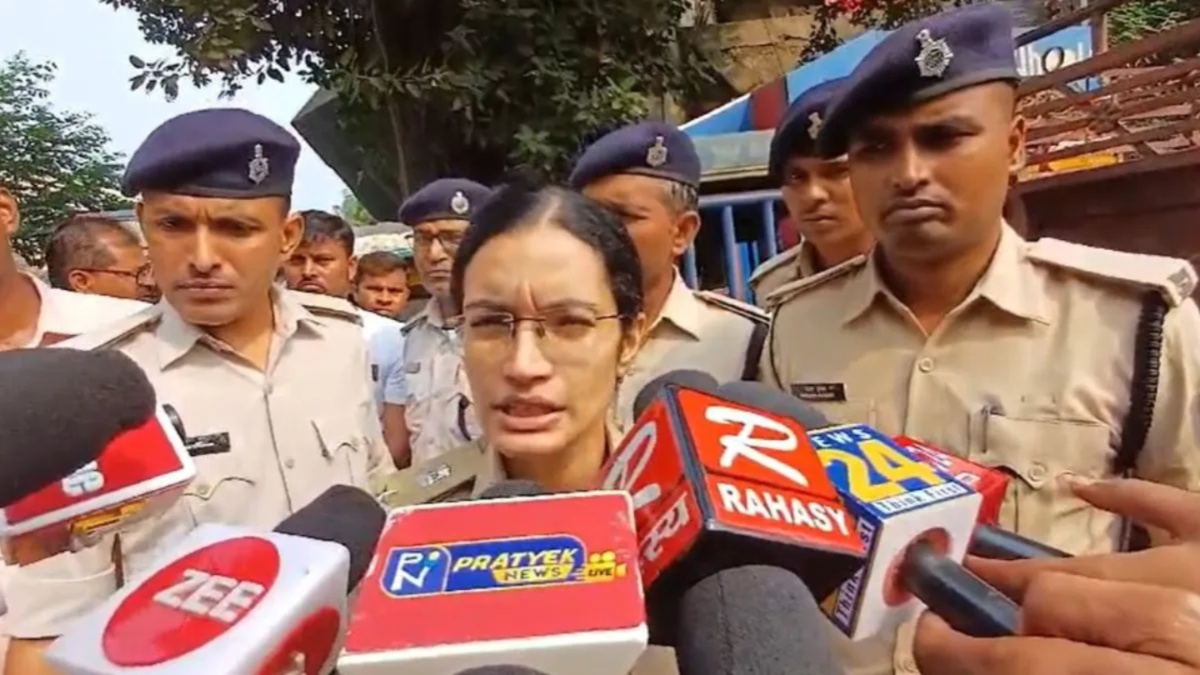
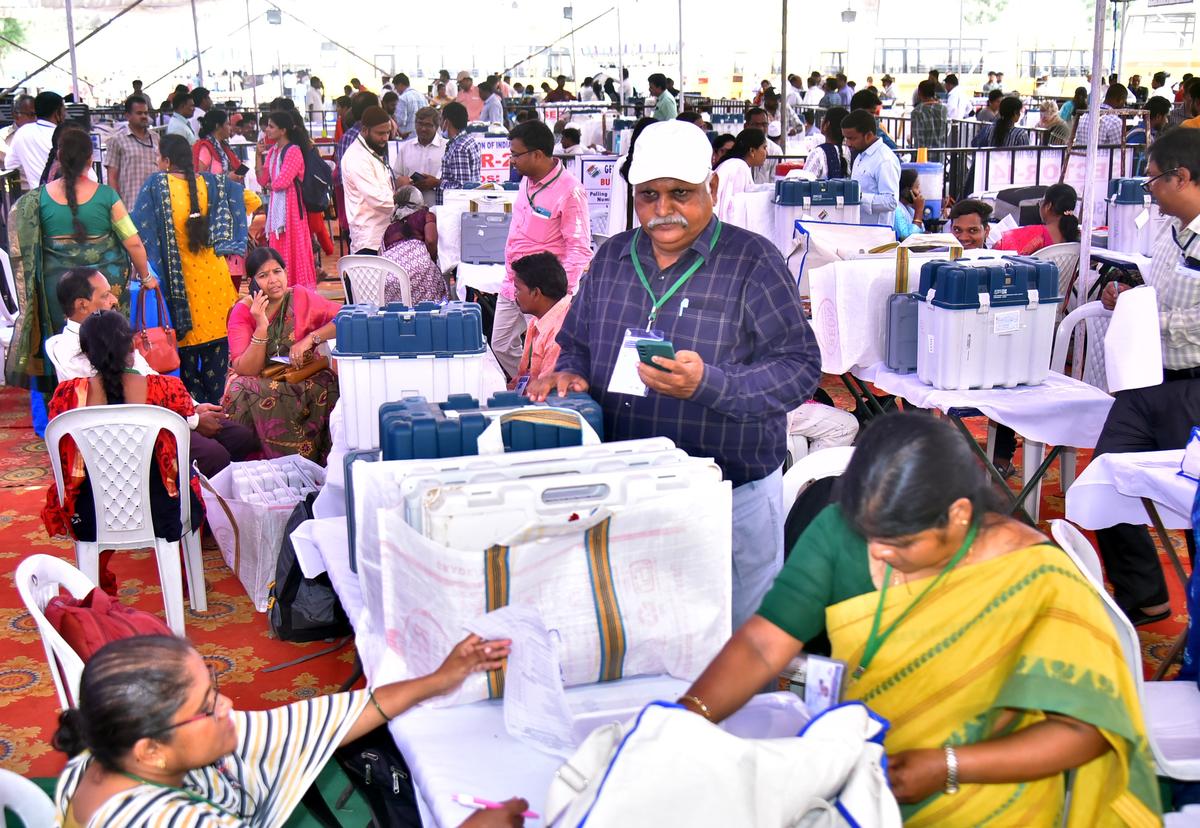


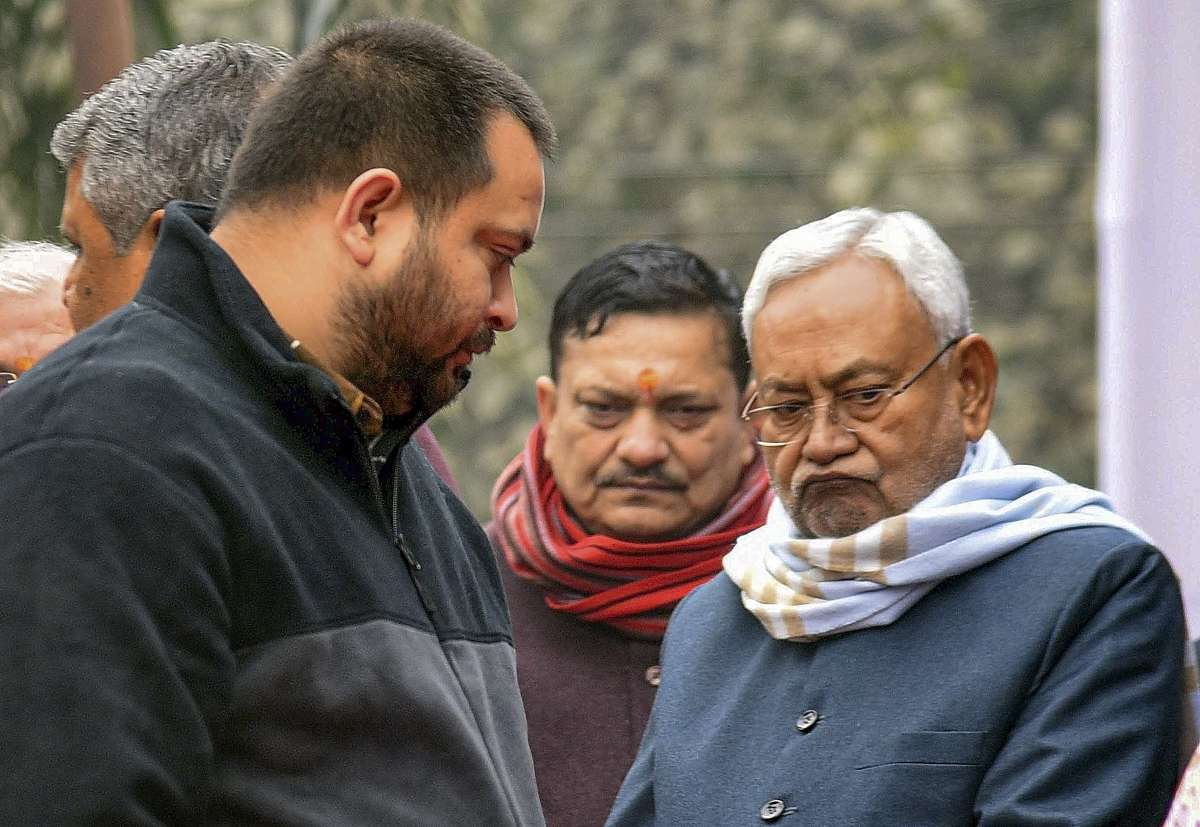

























































































.png)
 (1).png)























